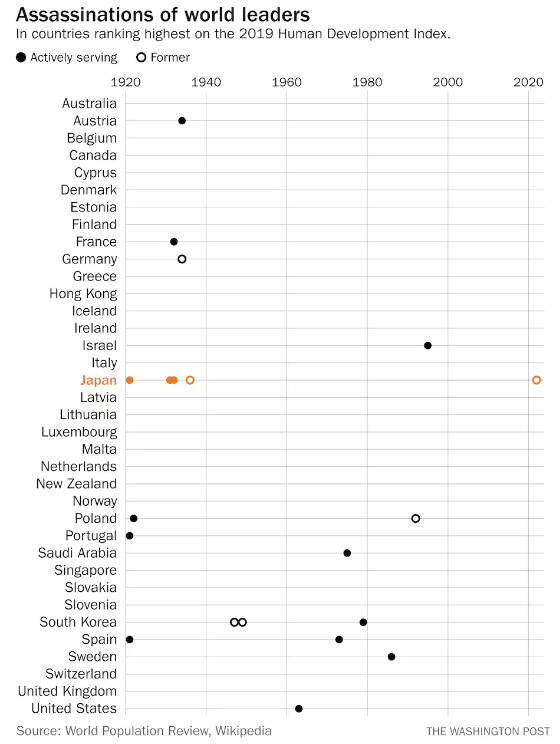Chopsticks become furniture
By Di, August 18 2022People throw away more than 80 billion pairs of chopsticks every year. Most of them have only been used once, like the cheap wooden ones you get in restaurants. All of those chopsticks end up in landfills. In China, environmental activists have documented rates of over 100 acres of deforestation every day to keep up with demand.
One start-up has decided to tackle this problem by using discarded chopsticks as a construction material. ChopValue, based in Vancouver, Canada, collects about 350,000 used chopstics every week, just from the Vancouver area. They then use the chopsticks to make things for the home and office, like bookshelves, cutting boards, coasters, and even desks. Founder Felix Böck explains,







 (Exercise credit belongs to
(Exercise credit belongs to